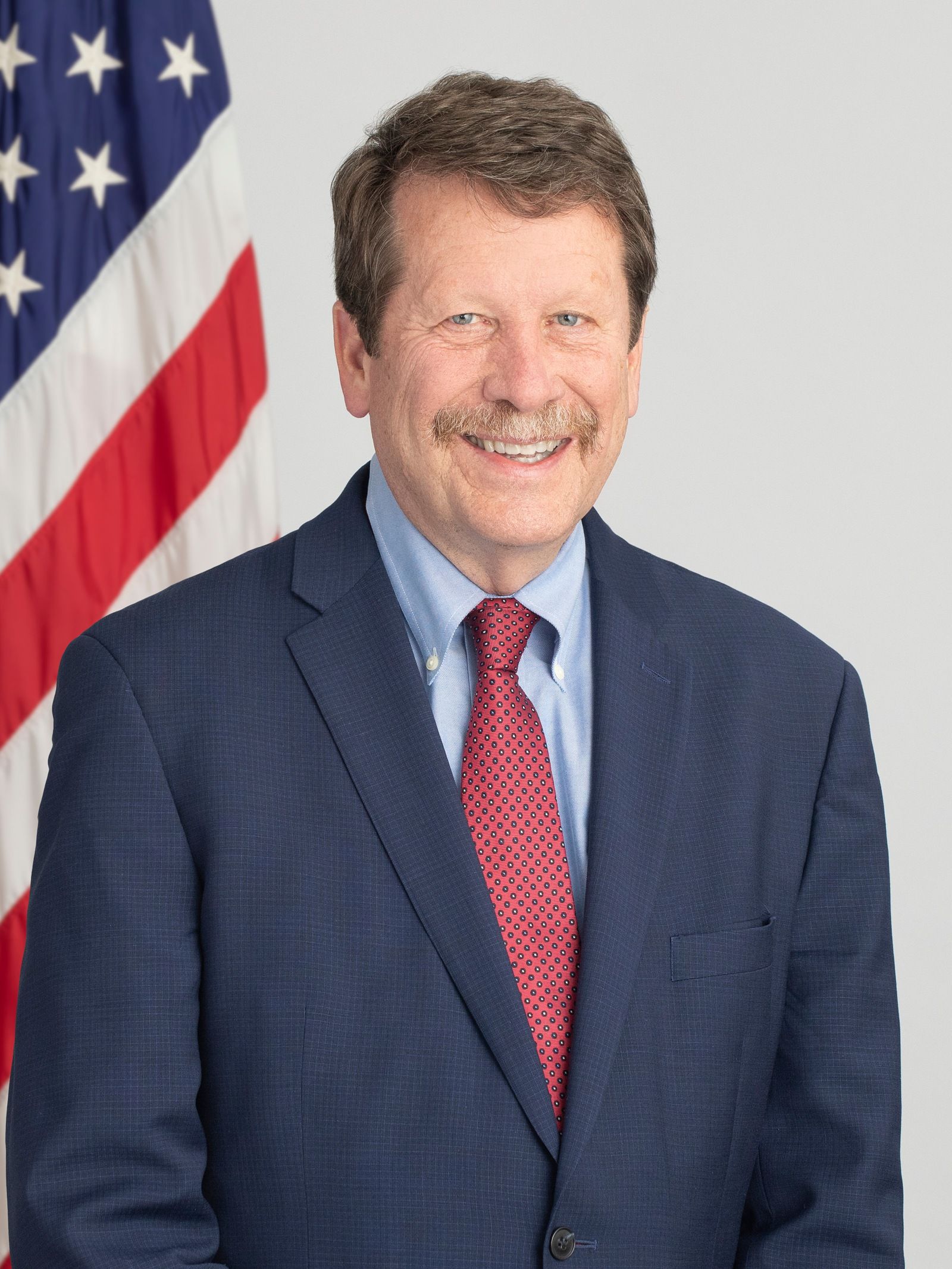- Bone Health
- Immunology
- Hematology
- Respiratory
- Dermatology
- Diabetes
- Gastroenterology
- Neurology
- Oncology
- Ophthalmology
- Rare Disease
- Rheumatology
Strengthening the Supply Chain: Key Insights From FDA Commissioner Dr Robert Califf
At the GRx+Biosims conference, FDA Commissioner Robert Califf, MD, stressed the urgent need for data transparency in the global supply chain and the role of collaboration and artificial intelligence in ensuring the resilience of biosimilar and generic drug production.
During a fireside chat at GRx+Biosims, FDA Commissioner Robert Califf, MD, shared his perspective on key challenges and sustainability concerns in the generic drug industry, touching on pressing issues within the US health care system and broader global supply chain vulnerabilities.1
Robert Califf, MD, served as the FDA Comissioner from February 2016 to January 2017 under President Barack Obama before being reconfirmed for the role in February 2022 under President Joe Biden.

“We need to have a much more robust system to continue to learn and employ, in the complex bioscience space, the supportive elements from the clinical, real-world ethics studies. It’s been very important in helping the clinical world see that [generics and biosimilars] are okay,” Califf said.
The conversation was moderated by David Gaugh, RPh, executive vice president of the Association for Accessible Medicines (AAM). The AAM’s GRx+Biosims conference was held from October 21 to October 23, 2024, in Rockville, Maryland.
Emphasizing the influence of financialization on health care, Califf described how complex financial incentives, and the concentration of resources negatively affect the resilience of the system. He noted the vulnerability exposed by recent hurricanes, highlighting how such events disrupt critical supplies and underscore the need for a fair pricing structure that sustains the industry. Califf stressed that ensuring high quality in generic drugs requires the government to play an active role in enforcing purchasing criteria based on quality.
On the topic of global supply chain vulnerabilities, Califf addressed the risks associated with the concentrating production of a product to a single location, especially in light of the devastation seen in the Asheville, North Carolina, area after Hurricane Helene hit in September 2024.2 The storm led to the closing of a factory in nearby Marion, North Carolina that served as one of the largest suppliers of intravenous fluids in the country.3 Califf questioned the wisdom behind having a single factory be the main supplier of a particular medical device for the whole country in the first place, especially as unexpected weather events as a result of climate change become more commonplace.
He emphasized the need for government access to supply chain data to help prevent crises and improve coordination, drawing a comparison to the way financial data is managed. Califf also criticized the biopharmaceutical industry's resistance to sharing this vital data, advocating for a more collaborative approach to ensure better preparedness and resilience.
“There's too much at stake if something goes wrong, and it shouldn't have to be that we're scrambling around on the telephone to figure out who else is making certain quantities of supply. But the industry has opposed us getting the information we need with their [lobbying organizations]. And I think that's a really irresponsible approach,” he stated.
Califf also highlighted the potential of artificial intelligence (AI) in improving public health, particularly in supply chain management. He advocated for AI's role in monitoring supply chain integrity and identifying dishonest practices, highlighting efforts the FDA is doing to incorporate these tools into drug application reviews.
“You apply AI for a [drug] application, you’ll find out when people are cheating. And if you’ve cheated in the past, watch out, because it's going to be easy to apply AI…." Califf warned. "I don't like being a cop, I don’t have much insight in developing influence, but I also don't like people who cheat. The system is very dependent on the integrity of the industry, so if you're cheating now, we're going to be applying the AI to you."
Alongside AI, Califf discussed user fees' role in funding FDA activities, noting that they provide strategic insight into future demands while enabling more disciplined operations.
Addressing the future of the generic drug industry, Califf stressed the importance of its role in providing affordable, high-quality treatments for chronic diseases, with a growing global demand for these medicines. He underscored the need for expanded production capacity in diverse locations, adherence to stringent quality systems, and investment in scientific advancement to uphold drug integrity. Concluding with advice for industry stakeholders, Califf emphasized the importance of conducting clinical studies through reputable organizations, fostering honesty, integrity, and collaboration to strengthen the industry's impact on global health. He extended gratitude to the industry for its ongoing efforts and reaffirmed the value of transparency and partnership in advancing public health goals.
“Most of the highly effective drugs have a generic now. As you develop more biosimilars for more users at a lower price, that’ll be a big needle push. So, for the 340 million people in the US, the generic drug industry is robust, but the growth potential worldwide for high quality generics [and biosimilars] is profound, and I think it's one of the most important aspects of public health."
References
1. Califf R, Gaugh D. Fireside chat with FDA Commissioner. Presented at: GRx+Biosims; October 21-23, 2024; Rockville, Maryland.
2. Reback S. Hurricane Helene: a disaster no one saw coming. The Assembly. October 1, 2024. Accessed October 25, 2024. https://www.theassemblync.com/essays/hurricane-helene-disaster-asheville/
3. Lupkin S. Storm damage closes N.C. factory that makes vital hospital supplies. NPR. October 4, 2024. Accessed October 25, 2024. https://www.npr.org/sections/shots-health-news/2024/10/04/g-s1-26383/iv-fluids-shortage-baxter-hurricane-helene
Newsletter
Where clinical, regulatory, and economic perspectives converge—sign up for Center for Biosimilars® emails to get expert insights on emerging treatment paradigms, biosimilar policy, and real-world outcomes that shape patient care.
